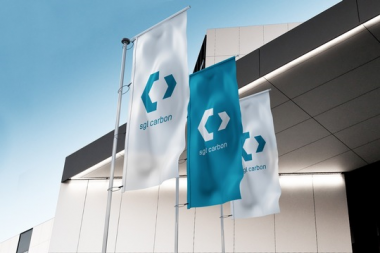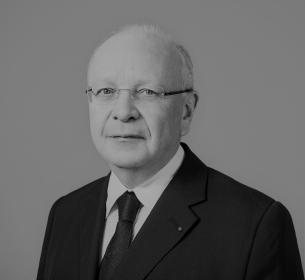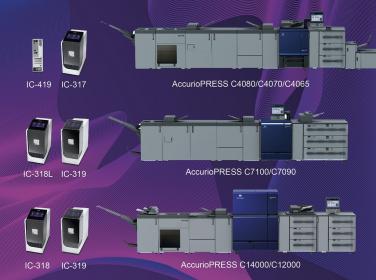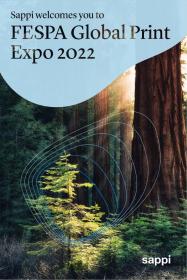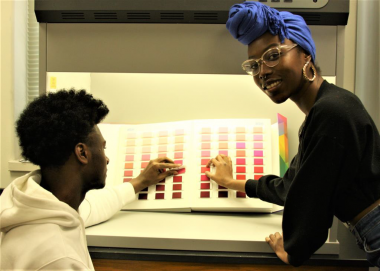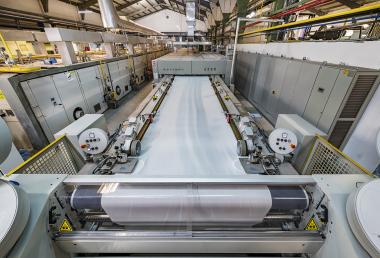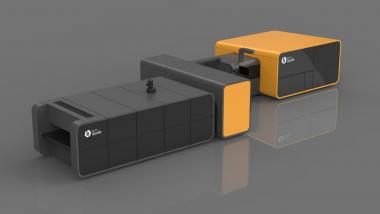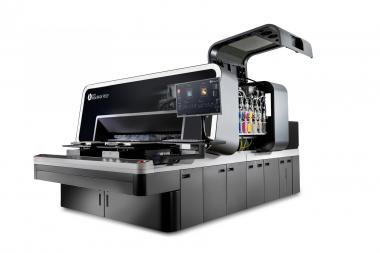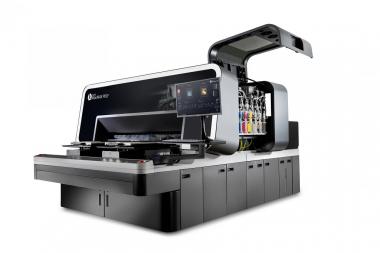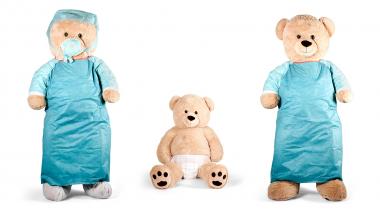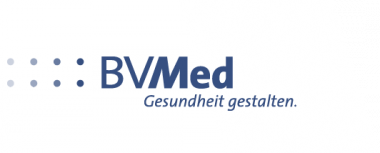After Moody's, Standard & Poor's also upgrades SGL Carbon’s rating
Standard & Poor's Global Ratings (S&P) raises its long-term rating for SGL Carbon to B- and its issue rating on its financial instruments to B. The outlook for the company is rated as stable by the renowned rating agency.
S&P Global Ratings explains the upgrade of SGL's rating with the company's improved capital structure and the reduction of net debt. The rating agency expects SGL Carbon to generate positive free cash flow in the coming years, which will support the reduction in absolute debt.
For the future development of SGL Carbon, S&P assumes an improvement in profitability based in particular on the expansion of products and materials for the future-oriented core markets of mobility, energy transition and digitalization, besides the savings from the restructuring.
"We are pleased that our operational successes and the already advanced trans-formation of SGL Carbon have been honored by the two major rating agencies - Moody's and S&P - by upgrading the ratings. We also see this as a motivation for the further development of SGL Carbon," explains Thomas Dippold, Chief Financial Officer of SGL Carbon SE.
SGL Carbon
SGL Carbon


